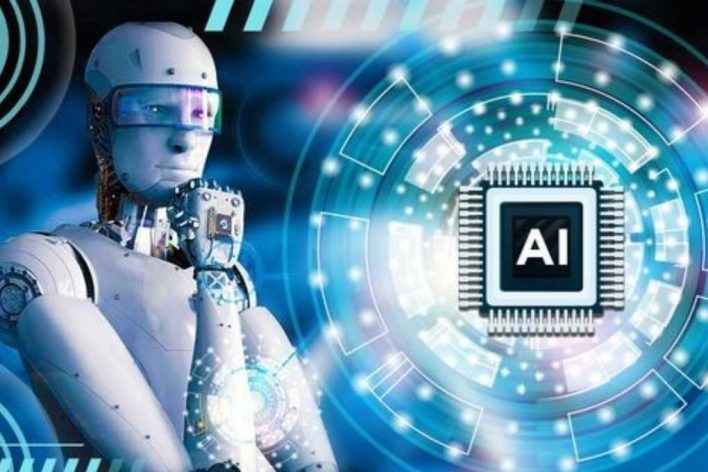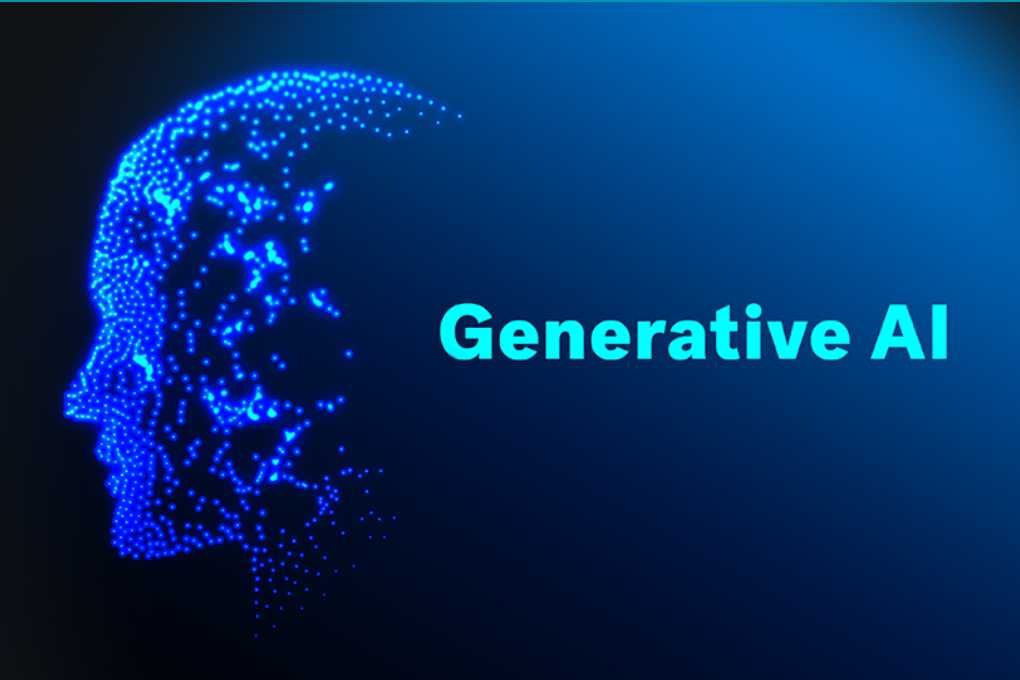
Today’s rapidly shifting technological environment has seen the introduction of generative AI revolutionise multiple industries, from healthcare to finance to entertainment. As artificial intelligence evolves further, businesses and individuals must adapt to remain competitive. One key aspect of such adaptation is upskilling—learning new skills or developing existing ones to meet changing demands.
Understanding Generative AI
Generative AI refers to a branch of artificial intelligence focused on producing new content rather than processing data. With this technology, machines have learned how to generate realistic images, videos, and human-like text without human assistance, automating creative tasks once reserved only for humans.

Impact on the Workforce
As AI becomes more pervasive, it is redefining the workforce significantly. Jobs that involve repetitive tasks or routine decision-making are at greater risk of automation; roles that require creativity, critical thinking, and emotional intelligence have become more valuable as individuals must continuously upskill to stay relevant in today’s job market.
Upskilling offers both individual and organizational benefits. Employees willing to acquire new skills are more adaptable, resourceful, and innovative; investing in upskilling programs gives businesses an edge in the marketplace and future-proofs their workforces.
Problems Associated with Upskilling in an Era of Generative AI
Even with all its potential advantages, upskilling remains difficult for individuals and organizations alike to accomplish successfully. Technological change makes keeping up difficult, while training costs may be prohibitive for some; additionally, there may be resistance among employees who are happy with their current skill sets.

Strategies for Successful Upskilling
To face these challenges head-on, businesses must develop a comprehensive upskilling strategy. This may involve conducting skills assessments to identify areas for improvement, partnering with educational institutions or training providers for ongoing training opportunities, and encouraging a culture of continuous learning within their organisation. By prioritising upskilling as part of business operations, businesses can ensure their workforce remains adaptable and resilient when technological disruption strikes.
Lifelong Learning: Why It Is Essential
Lifelong learning has never been more essential in an age of generative AI. Technology advances at an incredible rate, so individuals must remain willing to acquire new knowledge and skills to keep pace with its development. Lifelong learning facilitates personal growth while opening doors to career advancement.

With generative AI’s profound transformation of the workforce, upskilling has become an imperative. By investing in continuous learning and skills development, individuals and organizations can adapt to the demands of digitalization while flourishing in an ever-evolving globalised landscape. Upskilling is essential to unlocking its full potential while staying ahead of competitors on a constantly shifting world stage.